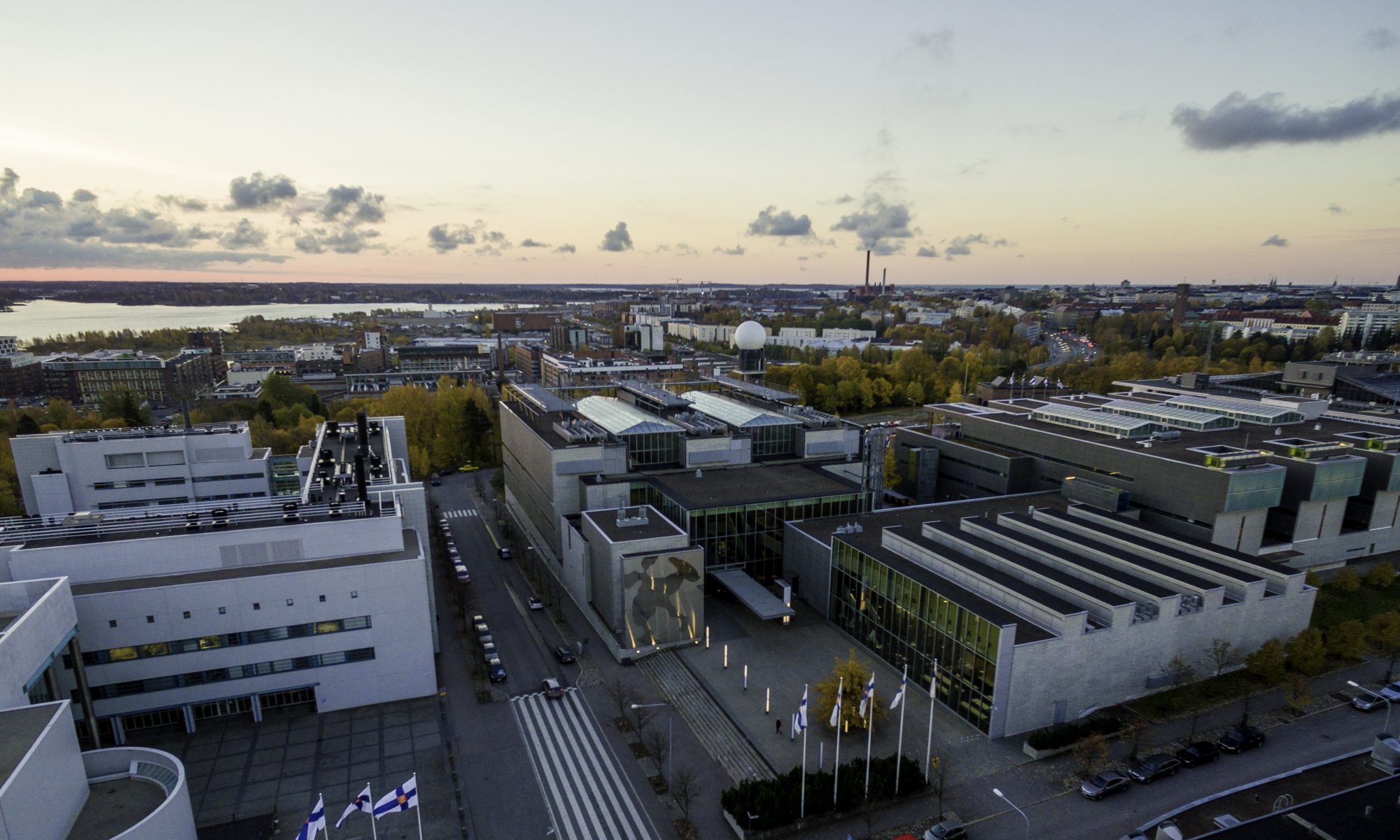 Our first Kumpula Physics Colloquium for the year 2023 will take place on Friday, March 24. We will have a presentation on the regulation of cell fate and integrity to be given by Sara Wickström who is the director of the Max Planck Institute for Molecular Biomedicine in Münster.
Our first Kumpula Physics Colloquium for the year 2023 will take place on Friday, March 24. We will have a presentation on the regulation of cell fate and integrity to be given by Sara Wickström who is the director of the Max Planck Institute for Molecular Biomedicine in Münster.
Sara’s lab aims to understand how mammalian epithelial tissues are generated and maintained, and in particular how mechanical forces and cellular interactions integrate single cell behaviors to pattern these structurally extremely robust yet dynamic tissues. Sara Wickström received her MD in 2001 and PhD in 2004 from the University of Helsinki, Finland. After postdoctoral training at the Max Planck Institute (MPI) for Biochemistry she became Group Leader at the MPI for Biology of Ageing in 2010. In 2018 her laboratory moved to the University of Helsinki where she was professor of Cell and Developmental Biology. In 2022, Wickström was appointed as Director of the MPI for Molecular Biomedicine in Münster.
In her colloquium, titled Regulation of cell fate and integrity by nuclear mechanotransduction, Sara will discuss her recent research on how dynamic changes in chromatin organization in response to force change the mechanical properties of the nucleus and chromatin to prevent cell damage.
The event was held on Friday 24.03.23 at 14:15, in Physicum E204.
Link to video: https://unitube.it.helsinki.fi/unitube/embed.html?id=a8a84735-372e-496d-8f28-24e590f5d0f3
Here is her abstract:
The structure of tissues is tightly linked to their function. During formation of functional organs, large-scale changes in tissue elongation, stretching, compression, folding/buckling, and budding impact the shape, position, packing, and contractility state of cells. Conversely, changes in single cell contractility, shape and position locally alter tissue organization and mechanics. Thus forces function as important ques that are transmitted to the nucleus to coordinate gene expression programs. On the other hand, excessive mechanical stresses have the potential to damage cells and tissues. In my presentation I will discuss our recent research on how dynamic changes in chromatin organization in response to force change the mechanical properties of the nucleus and chromatin to prevent damage, as well how cells integrate mechanical signals with biochemical inputs to alter their state.
